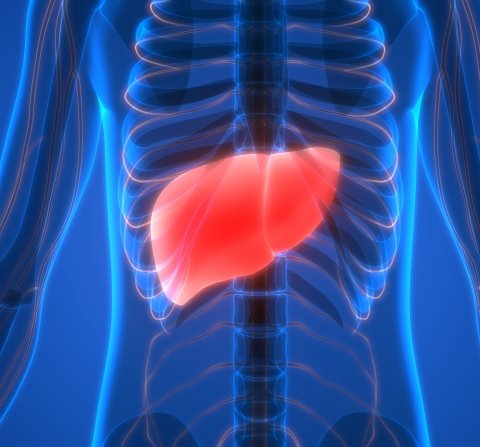News • Hepatology
Fatty liver: especially dangerous during the holidays
More than 100 million Americans have potentially deadly fatty liver disease and most do not even know it. Overeating and drinking excessive amounts of alcohol this holiday season could put someone with the disease on the fast track to liver failure.
“There are no symptoms associated with fatty liver disease and no pain, so most people never get checked or treated for it and, over time, if it is not diagnosed the condition can cause severe liver damage,” said David Victor, M.D., a hepatologist at Houston Methodist Hospital. “In fact, the disease is so prevalent that it will soon overtake hepatitis C as the number one reason people need a liver transplant.”
Fatty liver disease, much like type 2 diabetes, will go away with proper diet and exercise
David Victor
Fatty liver disease is fat inside the liver cells. Alcohol, drugs, obesity, lipid disorders and diabetes can all be causes. However, many with this condition suffer from metabolic syndrome, a constellation of factors which includes a large waist circumference (men greater than 40 inches, women greater than 35 inches), high blood pressure, high triglyceride levels and insulin resistance that heighten the risk of heart attack, stroke and type 2 diabetes.
Over time, a person might begin to experience fatigue, weakness and loss of appetite. Victor says even small amounts of binging on alcohol can lead to significant fat in the liver. “Fatty liver disease, much like type 2 diabetes, will go away with proper diet and exercise. If you lose seven to 10 percent of your current weight, no matter how much you weigh, you can eliminate some fat from your liver,” Victor said. “I would encourage people this holiday season try to use portion control.”
Recommended article

Article • Spanish expert separates fables from facts
Seasonal over-indulgence
In the early months of a New Year many of us are tightening our belts after Christmas gastronomic indulgences. However, the belt may not be as long as it used to be and the gym treadmill may be the only answer.

Victor says avoid supersizing food; use a smaller plate; don’t fill up the entire plate; don’t go back for seconds; limit the amount of sweets and, of course, limit alcohol intake to one or two drinks.”
Vigorous exercise, such as weight lifting, swimming, running or aerobics, between 75 and 150 minutes a week with a heart rate of 120 or above during the holiday season and beyond will help you tackle this problem. Victor suggests eating fruits and vegetables before attending a family function or holiday party will help a person feel full and avoid foods high in fat.
Between five and 20 percent of people with fatty liver will develop serious liver disease. Victor says that number is likely to grow as the nation’s obesity problem continues to get worse. “If people are concerned about whether or not they have fatty liver disease, they can ask their physician to order liver function testing,” Victor said. “The good thing is that with a few lifestyle changes this is a disease that is very manageable. Portion control and exercise are the keys to keeping it in check.”
Source: Houston Methodist
28.11.2018







